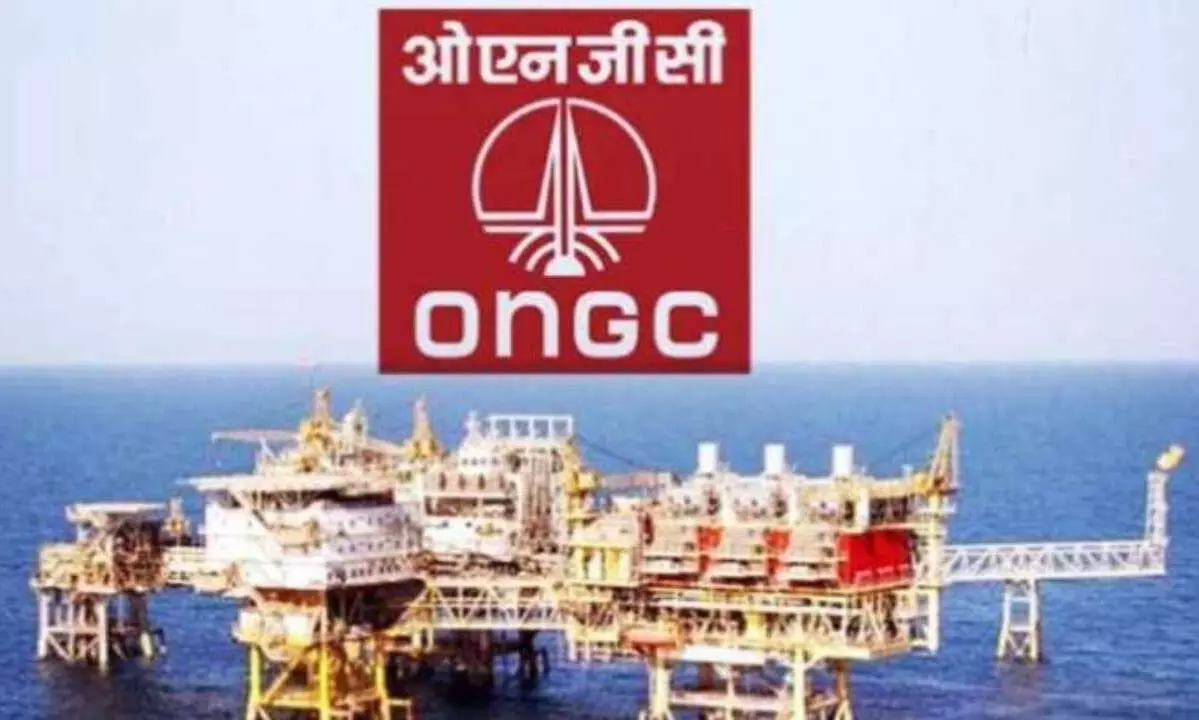

Former bureaucrat warns Union Govt on 'systematic weakening' of ONGC
text_fieldsNew Delhi: Former bureaucrat E A S Sarma has written to the Prime Minister warning that the Oil Ministry's proposal to strip ONGC of its main oil and gas producing fields of Mumbai High and Bassein in the western offshore will systematically weaken the state-owned firm.
In the letter written on November 23 to Prime Minister Narendra Modi, the former secretary to the government of India said instead of "weakening" ONGC, the government should adopt a conscious strategy to strengthen its ability and should be given sufficient functional autonomy instead of forcing it to buy debt-laden firms or pay high dividends.
He also asked whether the move is part of a larger plan to divest public equity in ONGC like the case with many strategic PSUs. Saying that the case raises serious public concern, Sarma accused that the latest decision of the government to ask ONGC to hive off the majority stake in the Mumbai High/ Bassein/Satellite Fields seems to be a part of an ill-advised (well-orchestrated?) strategy to cripple ONGC as the mascot of India's self-reliance in the field of hydrocarbons.
Amar Nath, additional secretary (exploration) in the Ministry of Petroleum and Natural Gas, had on October 28, written a three-page letter to ONGC Chairman and Managing Director Subhash Kumar, saying productivity of the Mumbai High and Bassein & Satellite (B&S) offshore assets under the state-owned firm was low and international partners should be invited and given 60 per cent stake and operatorship in the fields.
In the letter to the Prime Minister, Sarma said Mumbai High, Bassein & other western offshore satellite oil fields constitute a significant proportion of ONGC's discovered hydrocarbons assets. Hydrocarbon production from those fields constitutes around 63 per cent of ONGC's total production and more than 40 per cent of India's output.
The Petroleum Ministry on November 22, clarified on Nath's letter saying production from existing fields has to be increased through all means including technology and involvement of private-sector companies in a transparent manner
Meanwhile, Oil and Natural Gas Corp (ONGC) unions have opposed the proposal saying it amounted to giving prime assets on a platter to the private sector.
Sarma in the letter said, for the government to 'direct' ONGC to hive off the bulk of its hydrocarbon resources "amounts to making a mockery of the premise that the government should function at an arm's length distance from the PSUs. It has certainly set a bad precedent in so far as the concept of PSUs is concerned."
Stating that the government has over the last few years repeatedly encroached on ONGC's autonomy and interfered with its finances and operations, he said, in 2016, ONGC was forced to acquire an 80 per cent stake in the KG Block assets of Gujarat State Petroleum Corporation, a state PSU that had already entangled itself with a heavy debt burden.
Sarma also accused that ONGC has been forced to declare dividends beyond its means, thereby eroding its ability to invest its disposable income in the exploration and development of hydrocarbons.
Between 2014 and 2021, ONGC was forced to declare 27 per cent of its net profit accruals as dividends, which resulted in its capital investments during the same time frame plummeting to 24 per cent of its net profits.
Also, the government had unilaterally announced that 149 discovered oil fields of ONGC would be auctioned to private companies, a move that would hurt ONGC's interests.
"If it is merely a question of securing access to a foreign technology for enhancing oil/gas production from these fields, there are more benign ways to do it. ONGC can always enter into technology collaboration arrangements with the necessary safeguards with the foreign companies, instead of parting with its highly valuable assets on which it has invested its sweat and toil," he wrote.






















